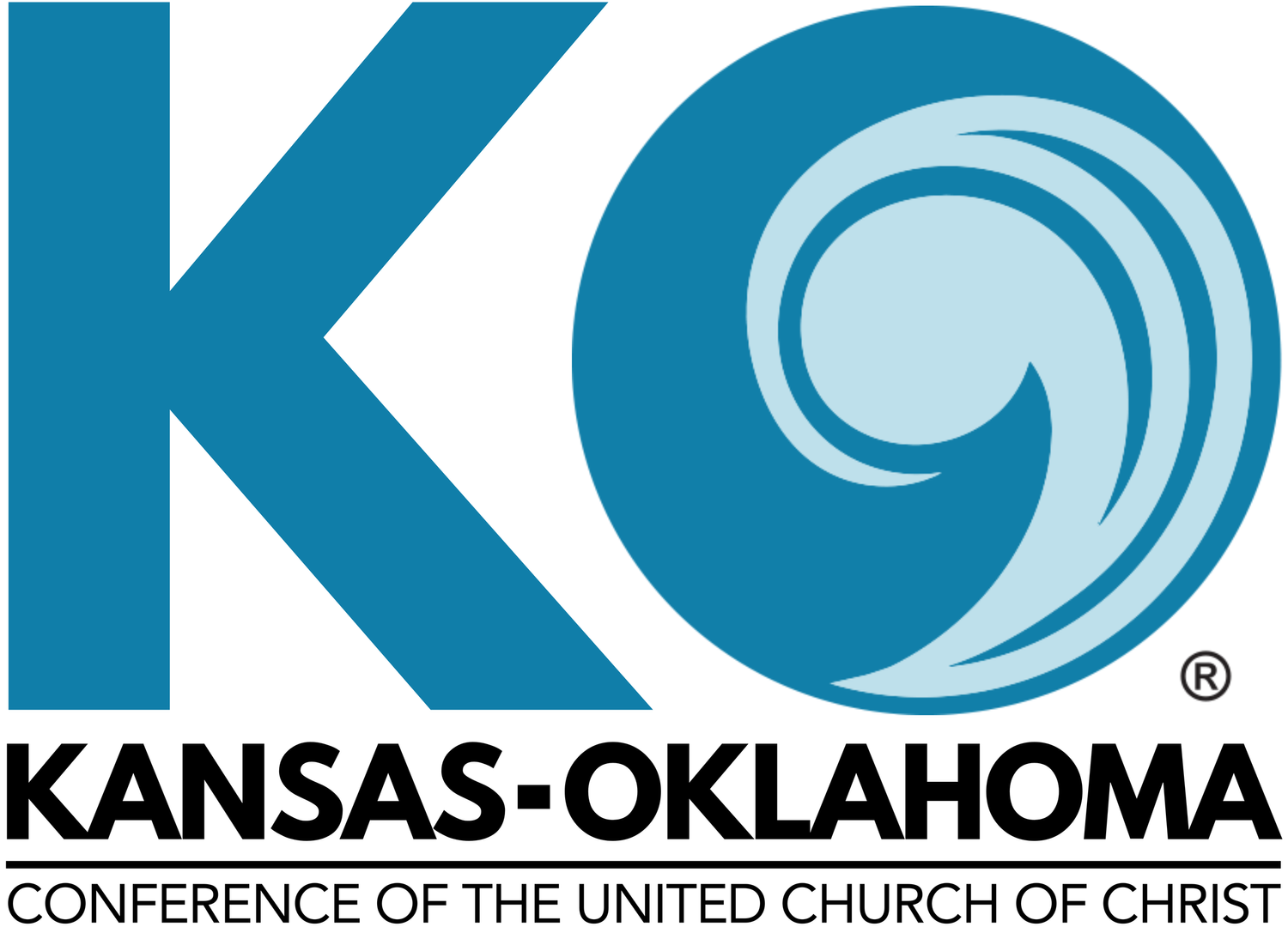Pregnancy & Infant Loss Awareness
Rev. Dr. Lori Walke, Mayflower Congregational UCC, Oklahoma City
While many folks associate this month with Halloween costumes and the real arrival of autumn, October is Pregnancy and Infant Loss Awareness month. It is more likely than not that you know someone who has experienced pregnancy and infant loss - it affects one in four women.
Pregnancy and infant loss is is often a lonely and isolating journey even if individuals walk the road with their partner. The grief of this and the recognition that something happened at all is rarely acknowledged by our society. The church isn’t much better. But we can be.
We come from a long line of faithful people who poured out their lament to God and to each other. As Ellen Davis writes in Wondrous Depth, “The psalms give voice to a despair that is one degree short of absolute . . . Although he is speaking of a secular poem, Wendell Berry’s comment is apt: ‘The distinguishing characteristic of absolute despair is silence. There is a world of difference between the person who, believing that there is no use, says so to himself or to no one, and the person who says it aloud to someone else. A person who marks a trail into despair remembers hope - and thus has hope, even if only a little.’ The psalmists, of course, are marking the trail into despair in God’s plain sight, so that God can follow ‘to the bottom of the night’ the one who is crying out in anguish. And that makes all the difference.”[1] The church can be a place where we help each other acknowledge our grief and pain, marking the trail for God to come after us, opening up the possibility for peace that surpasses all our understanding.
We also come from a long line of faithful people marked painful experiences through memorializing. In the book of Genesis, we find the story of Jacob wrestling with a “man” until daybreak, an experience that left him with a limp. It was a moment that forever changed Jacob, and he memorialized it, calling the place Peniel, saying, ‘For I have seen God to face and yet my life is preserved.’”[2] It is often the case for those who have experienced pregnancy and infant loss that they do not have the opportunity to talk to anyone about what happened and rarely (if ever) have the chance to speak the name of their child. Pregnancy and infant loss does not always lend itself in burial or inurnment, so traditional places set aside for mourning are not available. The church be a place to memorialize all that was lost when a pregnancy could not be carried to term or a child died in infancy.
Communities of faith have an important opportunity to minister to those who are hurting after pregnancy and infant loss. One need not have personally experienced it in order to be present for those who have. As the Apostle Paul wrote to the church in Rome, we need only to “rejoice with those who rejoice, weep with those who weep.”
So this time next year, consider having a Pregnancy and Infant Loss Service of Remembrance. Connect with pregnancy and infant loss support groups to offer them free meeting space in your church building. Have resources ready in the form of support group information and book recommendations. And as always, when we show up for each other, we can trust “the God of all comfort, who comforts us in all our troubles, so that we can comfort those in any trouble with the comfort we ourselves receive from God.”[3]
[1] Ellen Davis. Wondrous Depth: Preaching the Old Testament (London: Westminster John Knowx Press, 2005) 25.
[2] Genesis 32:30
[3] 2 Corinthians 1:3


